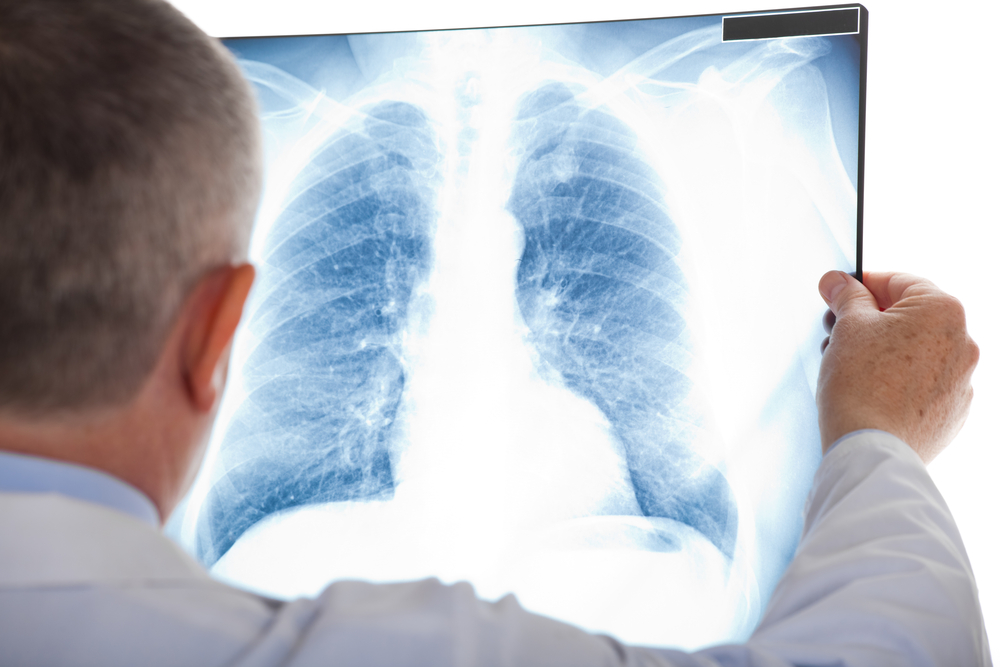Socio-economic data highlights risks of some types of cancer

While some types of cancer are more common in people with low incomes, other types are more likely to affect higher income groups because of a difference in risk factors, according to research by Dutch cancer centre IKNL.
Liver cancer, for example, is three times more likely to occur in people with a low income, while stomach cancer and lung cancer are over twice as likely. By contrast, skin cancer is twice as likely to be diagnosed in people on higher incomes, the IKNL said.
“The research makes clear that many cancers are more common in low-income groups, such as lung cancer, liver cancer, stomach cancer, head and neck cancer, and primary tumour unknown (PTO), while others, such as skin cancer, breast, prostate and testicular cancer, are more common in higher-income groups,” the IKNL said.
People with low incomes are more likely to smoke, take less exercise and are more often overweight than those with more money. At the same time, high earners are more likely to take part in nationwide cancer screening programmes which are designed to spot cancer earlier. They are also more likely to go on sunny holidays and drink heavily, which is also a risk factor.
The IKNL is now urging the government to invest in policies that reduce health differences, with a focus on prevention. “Recognising cancer warning symptoms or understanding a population screening invitation is not self-evident and deserves a different approach,” said family doctor Kristel van Asselt. “It is really important to pay attention to health inequalities.”
An OECD report published earlier this month also highlighted beating cancer inequality across the EU and called on countries to link socio-economic data to cancer registries to improve outcomes. That report said over half of cancer deaths among men and a third of cancer deaths among women are attributable to modifiable risk factors.
Thank you for donating to DutchNews.nl.
We could not provide the Dutch News service, and keep it free of charge, without the generous support of our readers. Your donations allow us to report on issues you tell us matter, and provide you with a summary of the most important Dutch news each day.
Make a donation